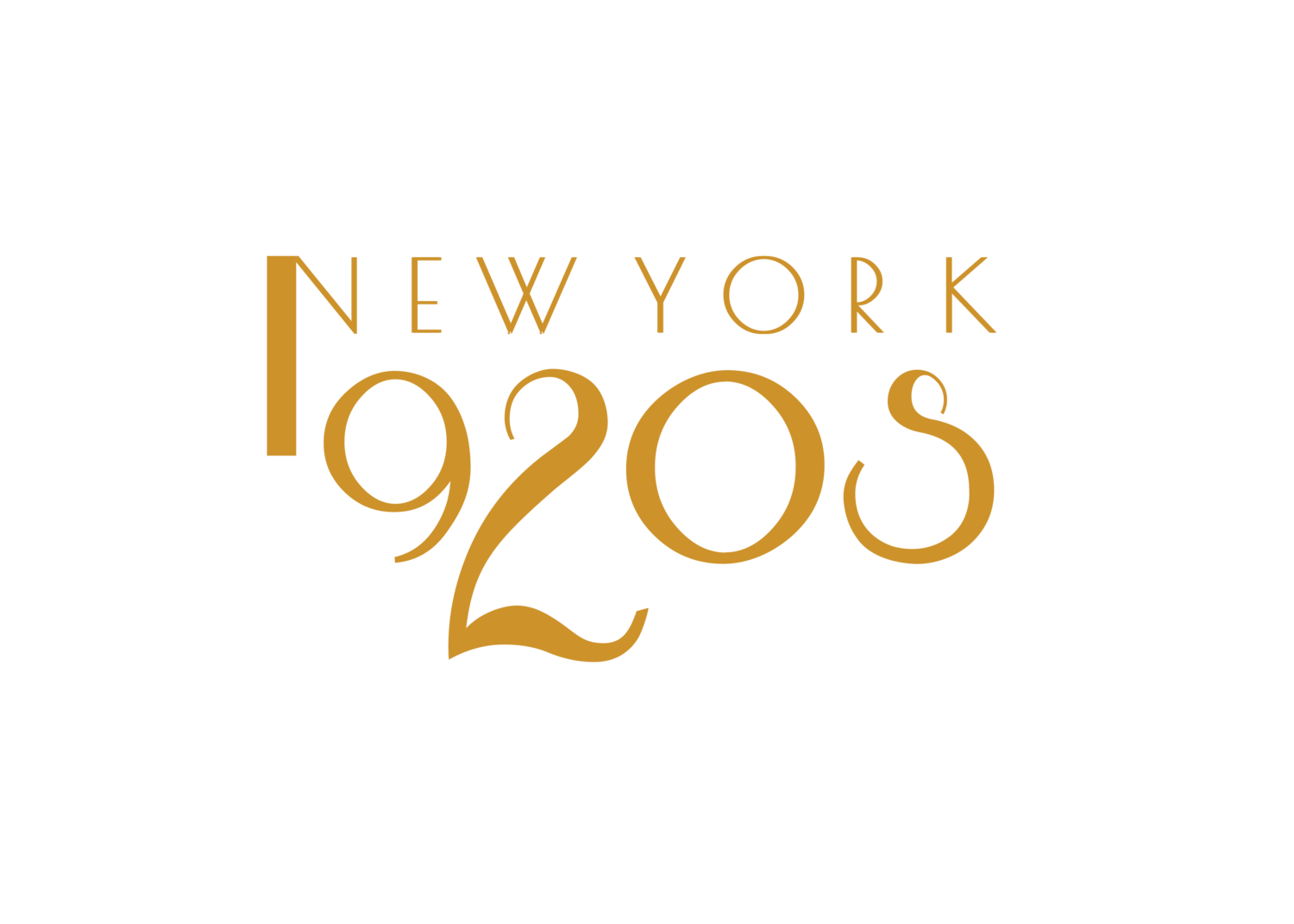Cigar Factories: Politics and Theft
And our first encounter with Bernardo Vega
One hundred years ago today … Jose Romeo’s cigar factory at 220 Bowery, just south of Houston, was robbed. That gives us an opening to talk about cigar factories, which were important cultural centers for Latinx New Yorkers.
Bernardo Vega, who moved from Puerto Rico to New York City in 1918 and began work as a tabaquero (cigar roller), writes at length about the cultural and political import of the cigar factories, and the Cigarmakers Union (strongly linked to the Socialist Party). For example, sometime in 1919-1920, Vega started work at a factory called “El Morito” on 86th Street and 3rd Avenue, where he “struck up friendships with Cubans and Spaniards … all of whom awakened in me an eagerness to study…. ‘El Morio’ seemed like a university” (20-21). The cigar factories, indeed, were hotbeds of intellectual and political thought. While the tabaqueros rolled, a one dedicated employee would read aloud to them, texts chosen democratically. At “El Morito” the reader was Fernando Garcia:
He dedicated the morning session to current news and events of the day. The afternoon sessions were devoted to more substantial readings of a political and literary nature. A Committee on Reading suggested the books to be read, and their recommendations were voted on by all the workers in the shop. The readings alternated between works of philosophical, political, or scientific interest, and novels … (21).
Vega explains that there were a wide variety of cigar factories in NYC: “Cigar factories ranged in size from the chinchal (workshop), which might include no more than a master cigarmaker and two or three apprentices, to fábricas (factories) which employed from fifty to four hundred workers.”
Jose Romeo’s factory seems to have been the latter. The March 31 Daily News reported the burglary and a photo of Romero at the crime scene.
Daily News, 30 March, 1920, p.22.
The perpetrators apparently broke in through the rear entrance on Elizabeth Street, defeated the humidor’s steel door, and stole “22,000 cigars of all kinds”; apparently the word “cigar’ meant several categories of smokeables, including cigarettes (quite different from contemporary usage, of course).
Jose Romeo liked to name varieties of cigar after himself. The below ad is from The Retail Tobacconist, which to this day is the US tobacco industry’s organ.
Retail Tobacconist Vol 12, 1921. Retail Tobacconist Printing & Publishing Company, 1921.
Jose Romeo, Inc. was located at an address that also housed a flophouse; the building was demolished in 1924 and replaced with a hotel. Romeo’s company was incorporated in 1921; he filed for bankruptcy in 1922 (New York Herald, 22 October, 1922, p. 20).


